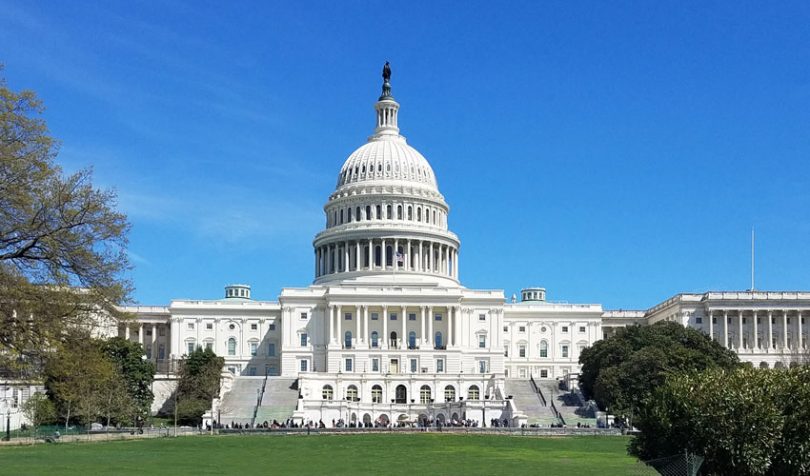Last night the Senate approved a procedural vote for the GENIUS Act for stablecoins, with 66 voting in favor, 32 against and two abstentions. Sixteen Democrats supported the vote, led by Senators Gillibrand, Alsobrooks, Gallego and Warner. The same vote failed on 8 May.
The vote was about cloture, or an agreement to avoid endless debate (filibuster) which requires the support of 60% of the senators present. A full senate vote is still needed to pass the bill itself.
Democrat Senator Andy Kim supported the bill at the Banking Committee level, but did not support cloture last night. On video he can be seen discussing the draft with fellow Democrat Senator Kirsten Gillibrand. It appears there’s still work to be done for Democrat support in the final vote as Senator Gillibrand was seen having a strident discussion on the floor with Republican bill sponsor Senator Bill Hagerty. She was also on the receiving end of comments from Senator Warren.
Some Democrat senators come around, others don’t
Democrat Senator Mark Warner published comments earlier in the day, saying “Many senators, myself included, have very real concerns about the Trump family’s use of crypto technologies to evade oversight, hide shady financial dealings, and personally profit at the expense of everyday Americans.”
He continued, “But we cannot allow that corruption to blind us to the broader reality: blockchain technology is here to stay. If American lawmakers don’t shape it, others will – and not in ways that serve our interests or democratic values. Innovation in this space is happening, with or without us.”
Senator Elizabeth Warren disagreed, saying on the floor, “What has changed in the bill since the last vote? The answer? Not much. Its basic flaws remain unaddressed. While a strong stablecoin bill is the best possible outcome, this weak bill is worse than no bill at all.”
She previously raised a number of issues late last week, which we recently analyzed alongside a new draft of the GENIUS Act that has several changes, although none are massive. It includes some wording to address stablecoins issued by BigTech firms, without imposing an outright ban. Instead it gives some discretion to a committee involving the Treasury, Federal Reserve and FDIC.
Last week Senator Gillibrand highlighted that while there are ethics elements to the stablecoin bill, it is not an ethics bill, quipping that it would be rather a long one if it had to deal with Trump ethics issues.
Trump conflict of interest concerns
There are several conflict of interest concerns regarding the stablecoin bill and cryptocurrency. The biggest is the issue of the $TRUMP memecoin, which has attracted foreign investors and large token holders get access to a dinner with President Trump.
Additionally, members of the Trump family are backers of World Liberty Financial which issued the USD1 stablecoin. A UAE company chaired by the country’s national security advisor bought $2 billion of the stablecoin to make a payment. Senator Gillibrand said the $TRUMP coin was illegal, but regarding the stablecoin, that family members must simply comply with the laws like everyone else.
We ran a poll to gather reader views on whether there are conflicts of interest. Early results were that 75% of people felt there were, but that figure declined over time. With more than 160 votes posted, the percentage seeing conflicts has dropped to 60%, with 7% unsure.







